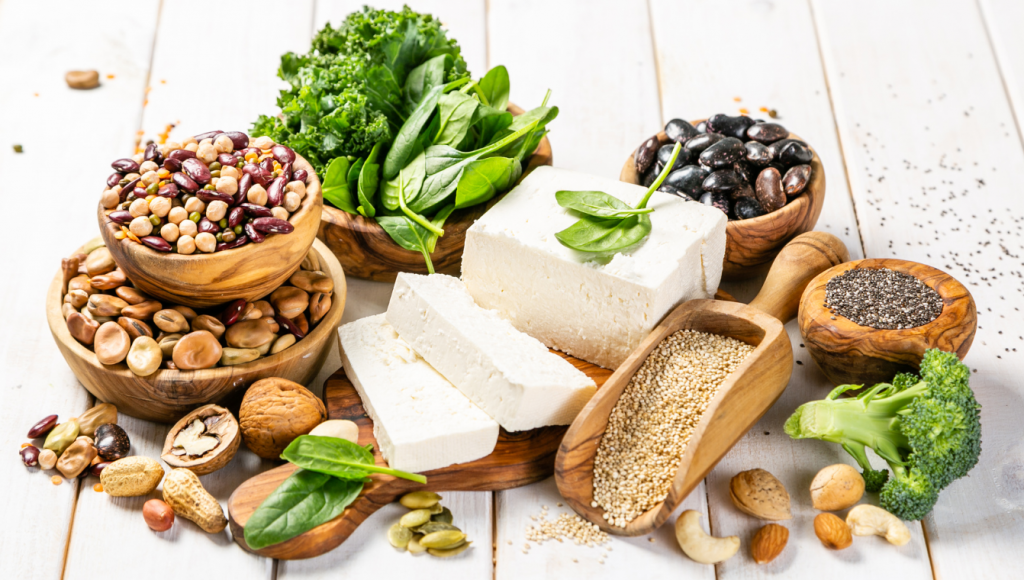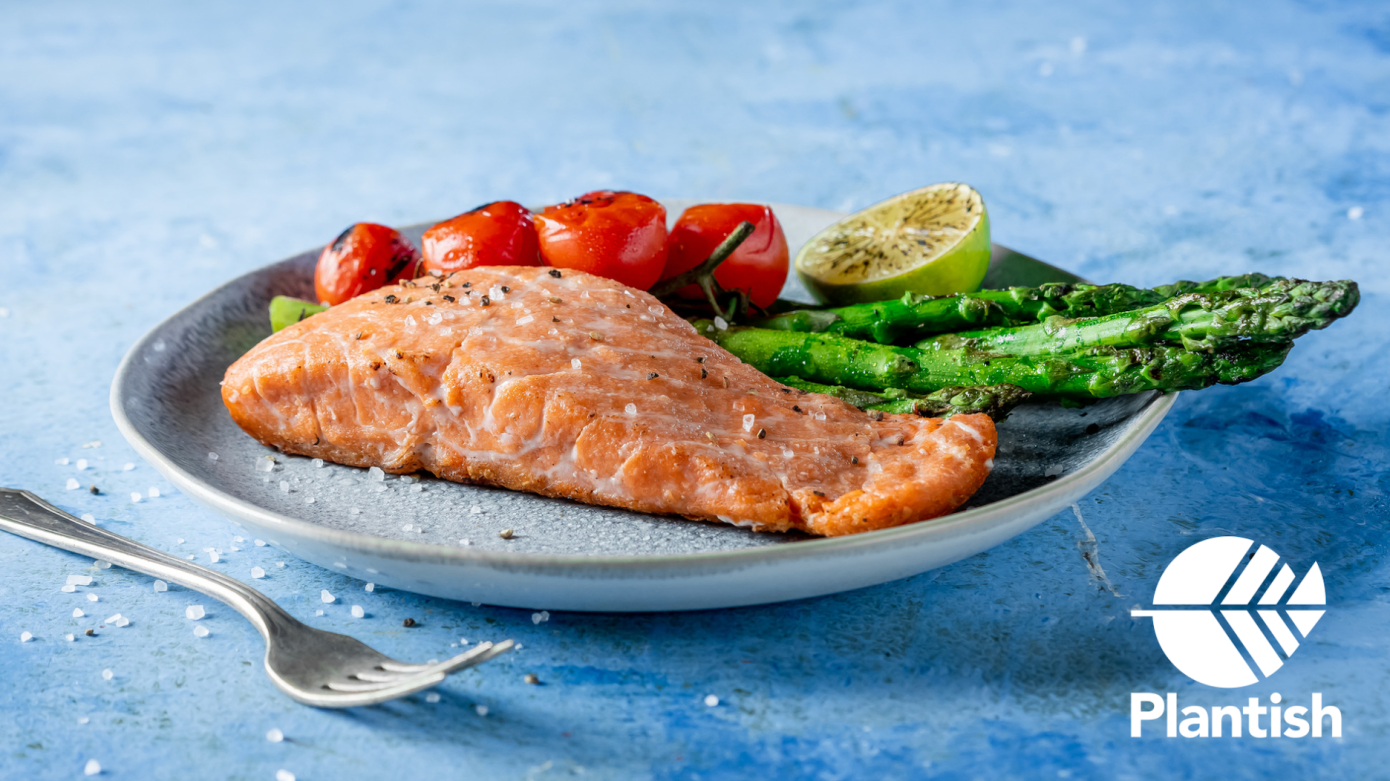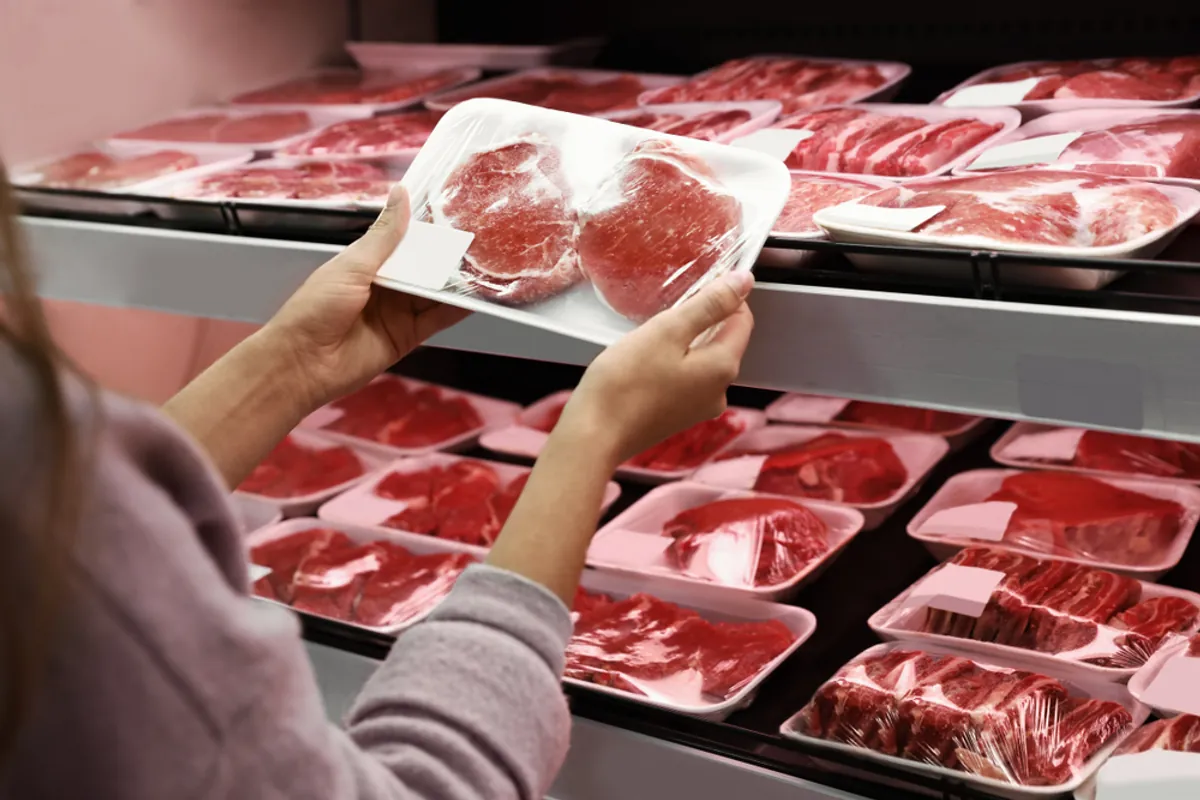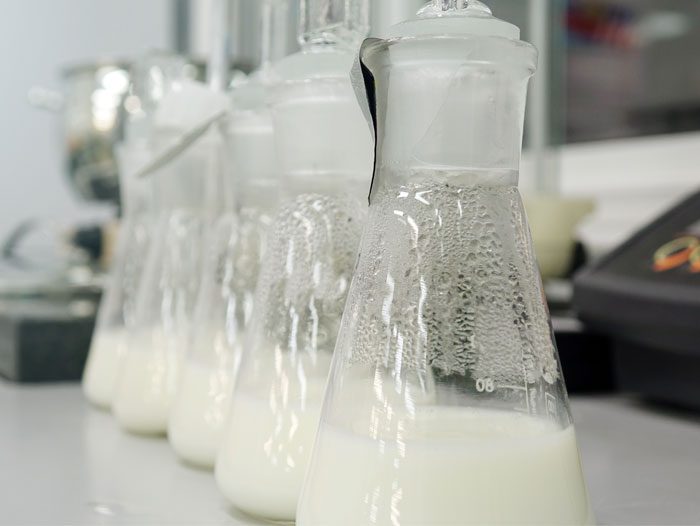Alternative proteins aren’t new to the food industry. Alternative dairy products have filled the refrigerated cases of the dairy aisle for decades and plant-based protein options have been competing with traditional animal protein meat products since they hit the grocery cases years ago. Add to those options fermentation-derived proteins and cultivated meats, and the size and reach of the alternative protein market expands even more.

With the demand for sustainable protein on the rise, food and beverage manufacturers are taking a close look at ways they can get involved. After releasing its first “Horizons: Alternative Proteins” report in 2021, Kansas City, Mo.-based CRB, a provider of sustainable engineering, architecture, construction and consulting solutions to the food and beverage industry, is taking another look at the market and how it has evolved in just two years.
“When we last surveyed on this industry in 2021, we found both optimism and uncertainty among manufacturers, often in equal measure,” said Jason Robertson, vice president of food and beverage for CRB. “Test kitchens were generating innovative products and processes, but the challenges of commercial scale-up were frustrating even for the most well-established operators.
“I find myself particularly impressed by today’s manufacturers of alternative proteins,” Roberston added. “They’re relatively new to the scene, they’re competing in an unproven marketplace, and they face regulatory and commercial challenges that the traditional food and beverage industry can’t necessarily solve for them. Despite all of this, they’re persisting — thriving, even. This year’s ‘Horizons: Alternative Proteins’ report, based on detailed survey responses from more than 150 manufacturers in operation today, is proof.”

The 2023 “Horizons: Alternative Proteins” study, consists of responses to around 100 questions by 150 alternative protein manufacturing leaders. Respondents represented companies with annual sales between $10 million and $20 million to those with more than $500 million in annual revenue. They were asked about a number of topics relating to production including business drivers, capital spending, regulatory challenges and sustainability.
The report surveyed manufacturers involved in the production of plant-based meat, cultivated meat, mycelium-based meat, plant-based dairy and precision fermentation. The overall impression drawn from the research is one of optimism for and confidence in the future of the industry.
Since CRB’s 2021 Horizons report, nearly 60% of survey respondents now report that they are manufacturing their alterative protein product at commercial scale, up from 25% in 2021. And 66% of respondents report an increase in sales volume over the past two years.
“To operate successfully at a commercial scale, manufacturers of alternative proteins need a strategy that integrates both consumer expectations and the realities of operating a large-scale food and beverage plant,” Robertson said.

** Click here to read the full-text **









